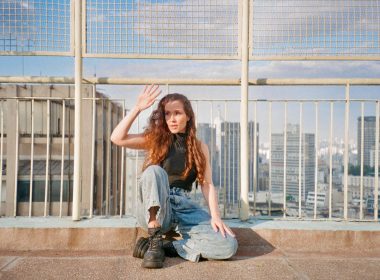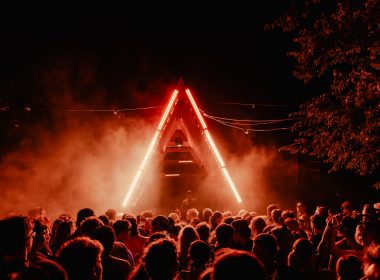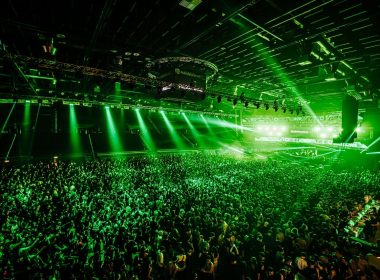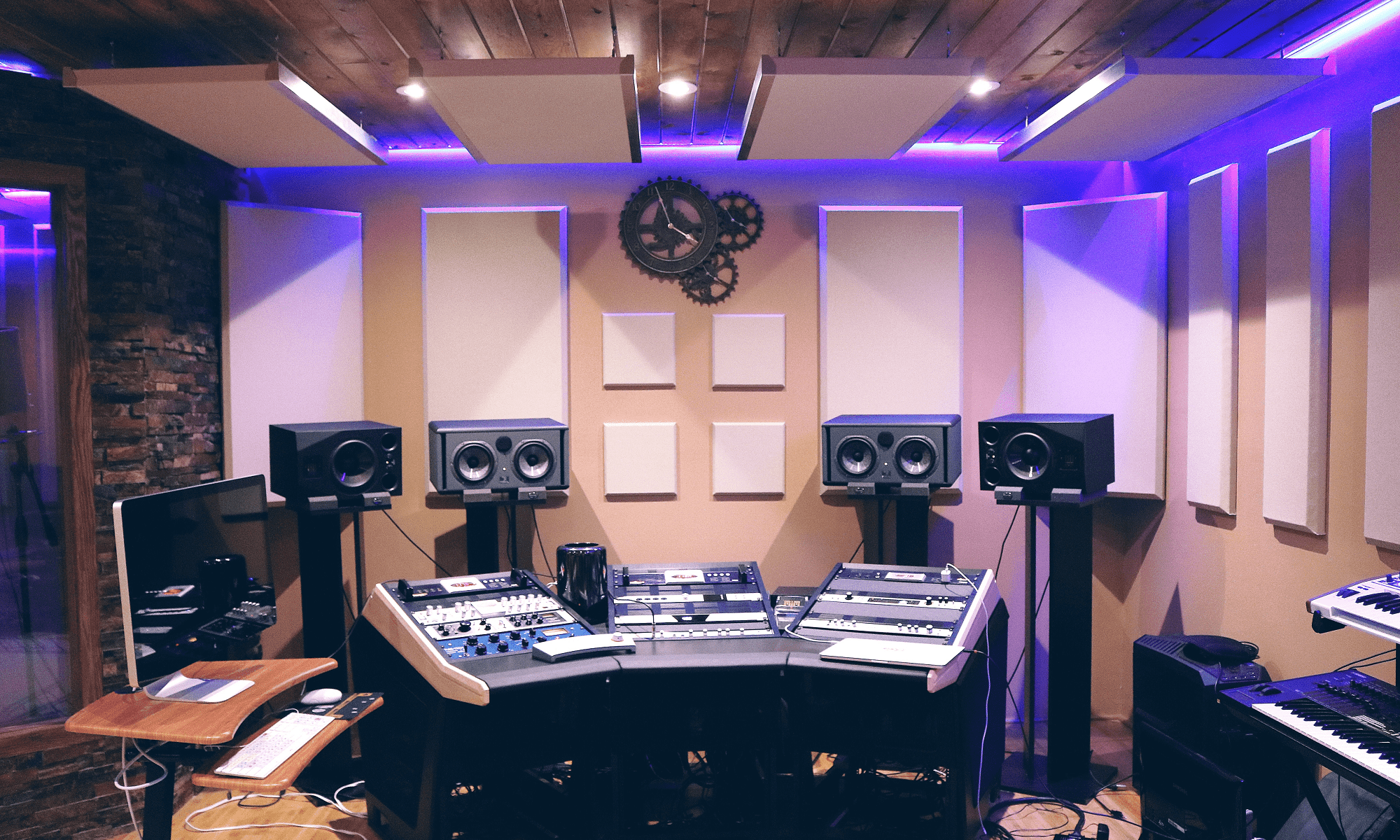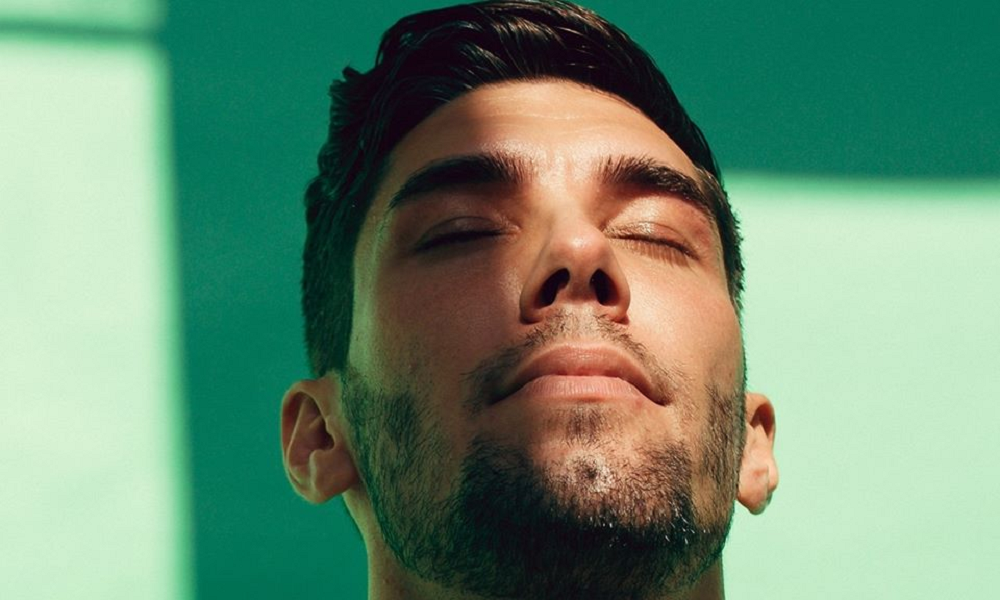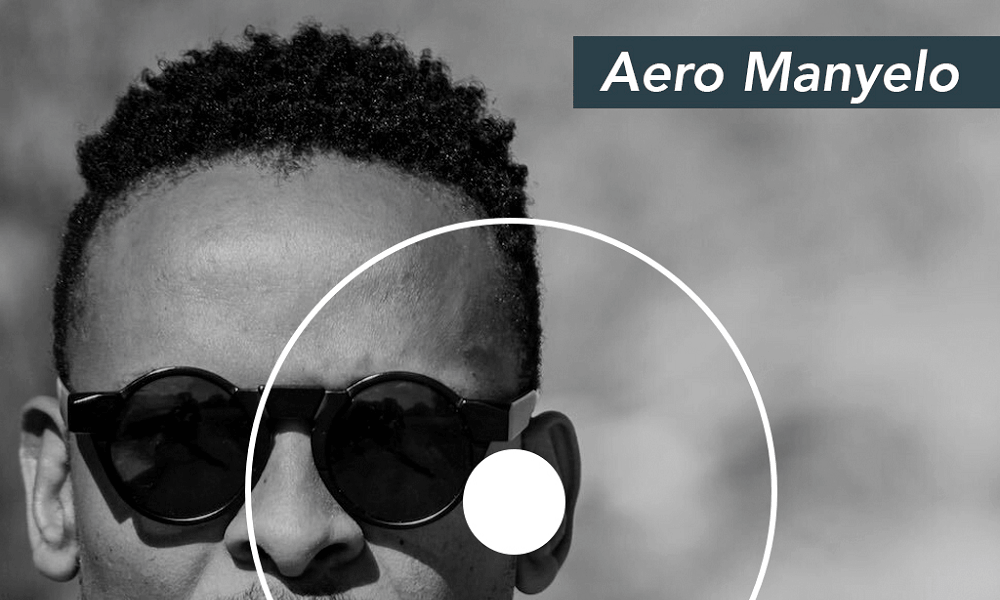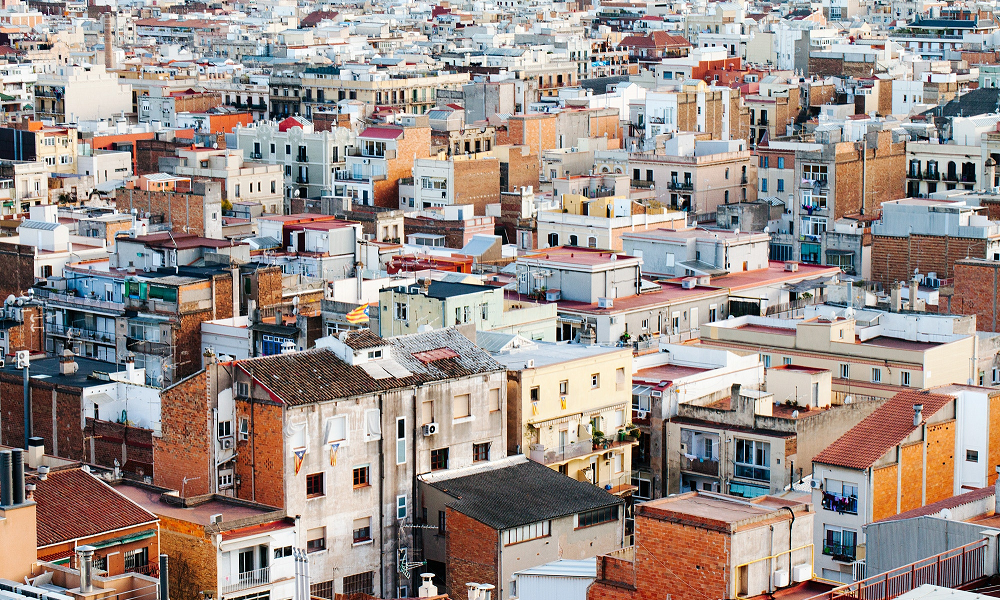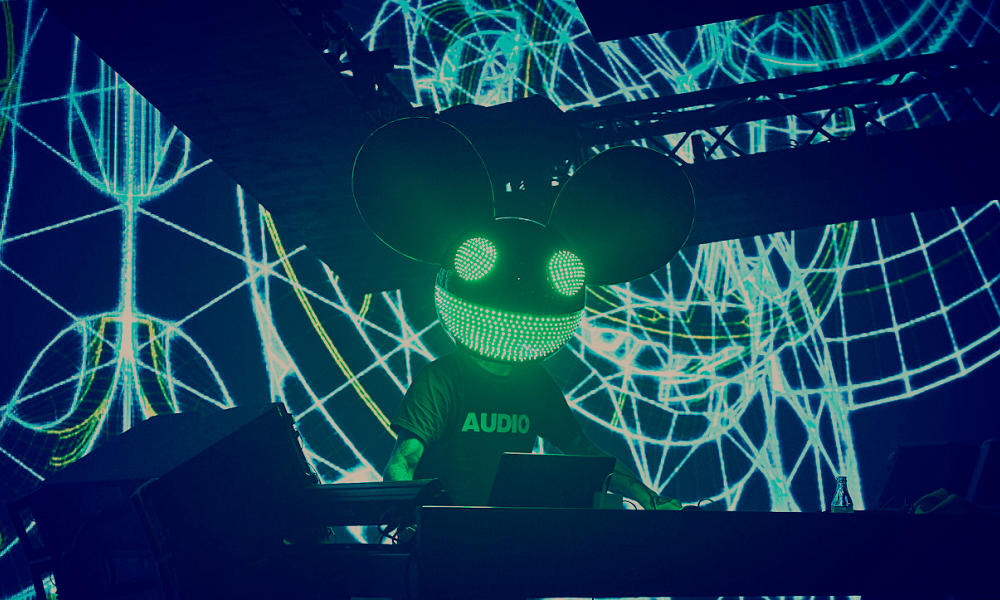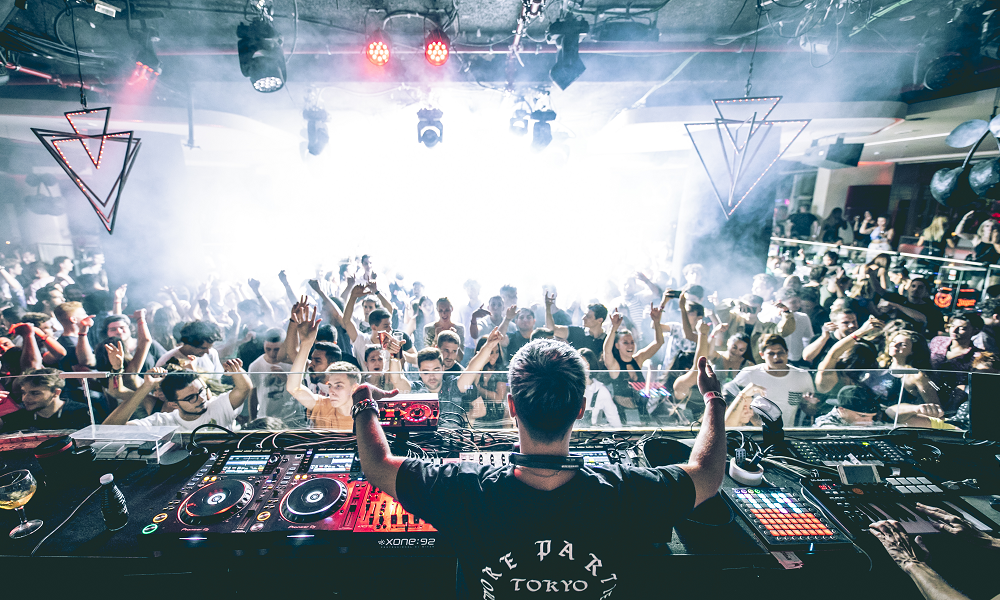“Stay at home, we’ll come back stronger and have more music than ever, plus a baby boom,” laughed Spaniard Andres Campo during the first week of confinement. Overnight, DJs and producers from all over the world, like the rest of the mortals, found themselves stuck in their homes, in their production studios.
“Could you help me to get a camera to stream from my house?”, an artist asked me on the first weekend of confinement. At the time, we weren’t aware of what was coming at us.
Pavvla, one of the most striking composers on the emerging Catalan scene – she made her debut at Primavera Sound in 2019 -, tweeted: “Thank God at least we have sun… and music”. And I couldn’t agree more. I think of greyer countries – most of the European countries, in fact – and I find it extremely hard to imagine confinement there. But… can you imagine a country where there is no music? Can you imagine a silent quarantine?
Music is a great therapeutic tool. But, paradoxically, it is the music itself, and everything that goes with it – especially in the case of club music – that wreaks havoc on many minds. And, above all, in those of its creators.
Rosana Corbacho is a psychologist specialized in electronic music artists and founder of M.I. Therapy. She tells us that, “in a study carried out in the UK about the typical pressures of the music industry and the impact on artists, striking results are described, such as that 71.1% of those interviewed had suffered panic attacks and/or high levels of anxiety and 68.5% had suffered depression, but only 30% had sought professional help”.
Most artists suffer from pathologies, even if they do not recognize them, even if they do not accept them, even if they are not even aware of them. And that, in a confinement like the one caused by Covid-19, can seriously aggravate things.
In an emergency like the one we’re experiencing, any background puts artists in greater danger. In an already quite unstable and unpredictable industry, the increasing lack of control over external events is a source of tension and suffering.
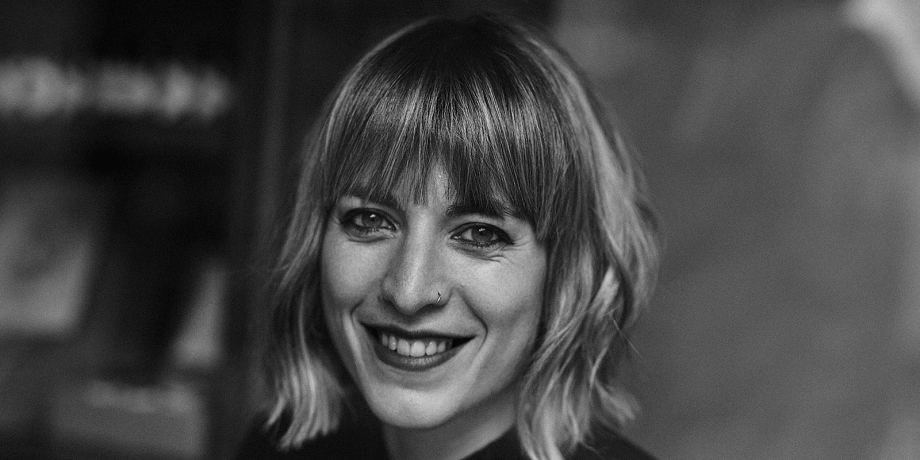
Many artists took only hours to appear publicly on the networks when it all started.
Andrea Oliva: I hope the DJs don’t ask for cancellation fees now. Clubbers should be asked to avoid asking for a refund of their €20 pre-sale ticket if they can afford it. All together, we can save the scene. I’m going to dedicate myself to listening to more music than ever and thus support new talent who are those who need it most.
DJ Tennis: Let’s start thinking about ways to support those most affected by the industry, regardless of their role in the game. Constraints such as those of this crisis are always a boost to creativity. Let’s make the best of it.
Dubfire: We’re going to see a lot of new music these days. Still, the world is spinning very fast and I think it will be good for us to stop, breathe and give importance to what is really important.
Some, like the Swede Eric Prydz, even went too far…
Eric Prydz: The solution is that all healthy people get the virus and people who are at risk enter quarantine. If we all stay home, it will only extend the process.
As soon as an Australian epidemiologist answered him, he was quick to rectify:
Eric Prydz: I sincerely apologise for any offence or confusion caused by my earlier comments. I think it’s safe to say that we all are freaking out right now! Please make sure you and your loved ones stay safe in this very difficult time. In future, I will stick to making music…
The message at the beginning of the confinement was clear: be safe and make lots of music. Good. But how long can an artist stay locked up in the studio? Is it healthy? Their income is reduced to practically zero – since most of their earnings are generated in their gigs – and you don’t need to be a psychologist to say that, with the account almost empty, living quietly is quite an achievement for few.
For musicians, it is very difficult to admit insecurities and show vulnerability, both because of the tendency to self-criticism and because of the highly competitive environment in which they develop their careers. Some have not taken a break for years, with completely altered sleep patterns and trying to combine family life with work life. Perhaps even dreaming between flights with a full season at home. Now that all events are cancelled, can one be as productive as planned at the beginning of the crisis?
Barcelona artist Coyu was already pondering on that environment when the crisis hit hard in Italy, the first country to be affected by the coronavirus in Europe.
Coyu: With a little luck, this unexpected situation will serve to achieve that longed-for reset, both artistic and structural, that the scene needs. The superstar DJ’s bubble was about to burst, and the coronavirus can bring the final knock.
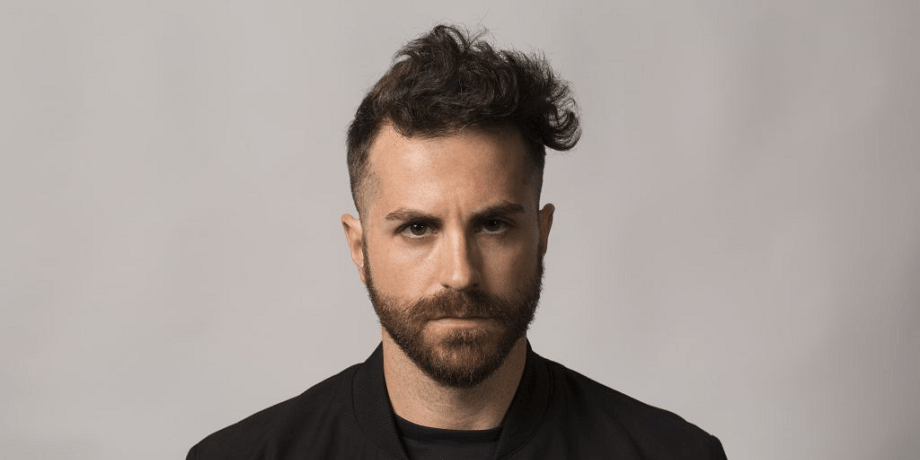
On the psycho-emotional level, the health crisis presents a series of characteristics that require special care to be given to the internal reaction of the artists. Rosana Corbacho talks about these five triggers:
- the suddenness of the situation
- the feeling of lack of control and impossibility to plan
- news and information overload
- social isolation
- and fear of real danger
According to my experience in practice, there are common elements, but also individual elements according to the personal history of each patient. Even depending on the musical style, they are more prone to one type of symptomatology or another. Something in common with the vast majority is that their work defines them: for them, what they do is what defines who they are. Therefore, the circumstances that threaten their work (creative blocks, cancellations, absence from concerts, etc.) translate into insecurity directly related to self-concept and self-esteem.
As Rosana Corbacho continues to explain, those artists who are already in therapeutic processes are noticing less of a difference during confinement. Of them she does believe that they can create more music than usual, in addition to reinventing themselves, resting and finding themselves, as long as they are supported by their families. At the beginning of the crisis, the Spanish Regal and the Italian Alex Neri also remembered their families.
Regal: We must use this time to rest, to visit the studio from time to time and, above all, to dedicate a lot of love to the family, something that is very difficult for us when we are touring around the world.
Alex Neri: Crises bring out the best in us. We are seeing more humanity, which is something that is lacking in our daily lives. Now, we can’t shake hands or hug each other. Now, we realize how important those gestures are in our lives.
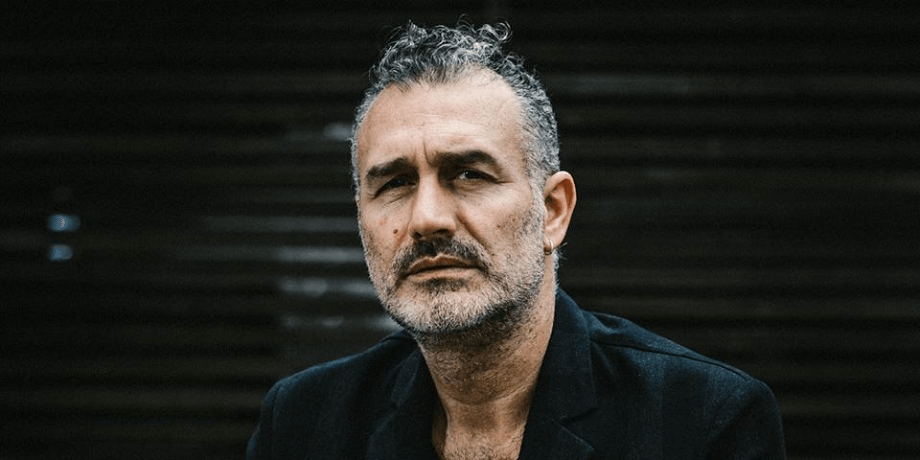
Rosana Corbacho encourages self-knowledge as a priority practice:
It is important that artists recognize what they feel and what they fear from this situation. They should not start producing like crazy if they feel anxiety. They have to know how to separate productivity and creativity. Creativity is possible in an internal state of openness and calm. If you are in a state of vulnerability, it may be more beneficial to rest or talk to loved ones than to start producing. Sharing concerns and insecurities with significant people can help isolation have less impact. Read, engage in gentle physical activity and be present without futurizing. Accept that you do not have control over external events or the future of the industry and trust.
Artists, sometimes too adored and sometimes, like these days, also too criticized (see here what is happening with the greatest DJs of the techno scene and their tour managers), are, whether we like it or not, the main engine of our scene. Whether they are big stars or small local artists: what invites us all to be part of this movement is the passion for music. And, without artists, there would be no music.
Since the various governments imposed the confinement of the population, music has taken over our screens. From here, we join Rosana Corbacho’s message. Artists, don’t self-explode. Don’t be afraid because you want to be always present in our homes. The most important thing for you is your health, as is ours for each of us. Never put your music before your well-being.
Because, when this nightmare passes, we’ll need you in top form. More than ever.
(Cover Image: © Gavin Whitner)



